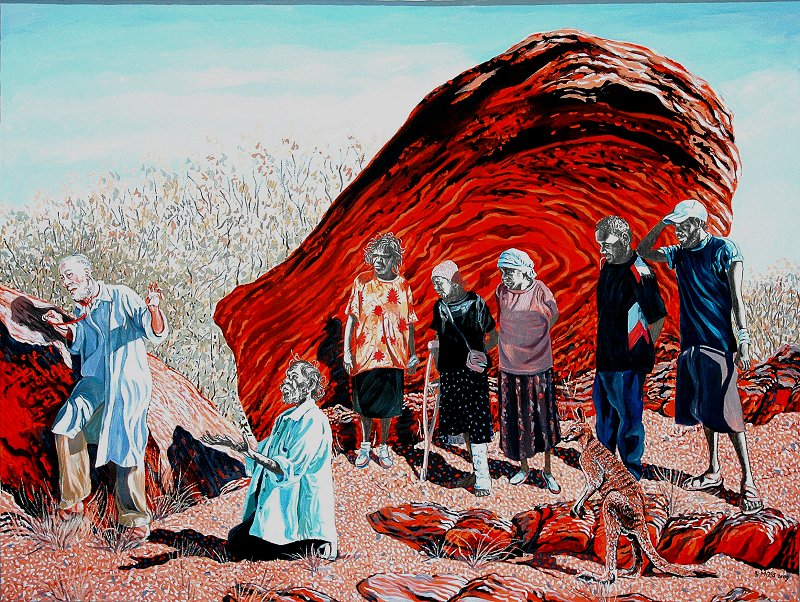The weather forecast is for a hot day. That’s the forecast every day in Yangon. My own forecast – it’s hot now at 8.00 am, it will be hotter soon: if I am going to run today I should leave now.
I take a taxi to the park. Were I hungrier for inhaled hydrocarbons I’d run there, but I’ve already breathed enough smog to create a decent cancer.
Yangon boasts the largest city park in the known world. I do like to boast that I have run around the largest park in the known world: in Vancouver I ran around the world’s biggest, then in Bristol I did the same on the Downs.
But this beauty might just be the real thing. I can’t see its further end. Its jewel is the lake, a lime green affair that stretches further than my eyes or legs can follow.
The world’s longest boardwalk is a joy, bouncy and springy underfoot, launching my every next step upward and onward – and backwards in time to when running fast was effortless. Zooming around the lake, I find myself running parallel and close to the shore, close enough to feel like a voyeur as I pass numerous courting couples. The young people, engaged discreetly in the business at hand, hear my footfalls and look up in surprise. I keep my eyes on the winding boardwalk which flings me around bend after bend. At every turn I disturb another couple’s progress.
The shoreline is ringed by tall trees and shrubbery. Between the botanical specimens the park’s designers have placed benches large enough for two adults to recline, one beneath the other. The plantings afford privacy which the occupants appear to enjoy and take for granted. So when an old foreign mountain goat speeds into their breeding grounds, the locals are surprised. The consternation is mutual and thankfully brief.
After a time the boardwalk deserts the shore and heads off into open waters. The circumambient lime-green is the colour of too much life, of a watery milieu where plant growth is phenomenally fast and rotting keeps pace. The confectionary colour makes me slightly uneasy: I’m not anxious to take a dip in it.
Abruptly that becomes a real prospect as the boardwalk comes to a fullstop. I jam on the brakes and retrace my bouncing steps. Once again I disturb the courting couples, who, I cannot help noticing, are making good progress.
It reminds me of Buenos Aires, city of the long slow kiss. Another town where the poor are many and libidinous and strong urges find no indoor accommodation.
I leave the lake and head deep inland. Atop a rise I come to a large emerald of lawn. Eight slim men, bare chested, wearing longhis, trim the grass, each wielding sort of scythe, a linear metal blade about a metre long, with which they shave the green. Labour must be cheap: the area they ‘mow’ is about the size of a doubles tennis court. Hot work on a hot day, their bronze bellies shine in the sun.
***
I’d like to have a longhi. Which man wouldn’t?
I enquire and the smiling men of the mowing brigade direct me to the market. Happily I get lost many times: lost among the strong-smelling smoked fish sellers, lost among the fruit vendors, lost in the laneways clustered with jade merchants, lost among the corn on the cobmen, the hot food stallholders, the fabric traders, the toysellers, the tobacco factors, the beggars, the amputees, the gleaming smiles of white, the grins that drip red with betel juice.
At last I ask: longhi? – indicating my below waist area. More smiles on every side. The word goes around, people point and smile and tell their neighbour about the old foreigner who points to his privates.
A kindly soul – they all seem kindly – taps my shoulder, points to the shop directly behind me and nods: longhi, longhi.
The shop is narrow, but easily wide enough for the four or five – they come and they go, so the count is fluid – four or five fetching females who attend to me. They show me bolts of fabric, all smartly pattered cotton affairs. I choose the two lariest fabrics. The four or five fit me with my longhi. I leave, beaming, a prince among princes, splendid in my longhi in Yangon.
